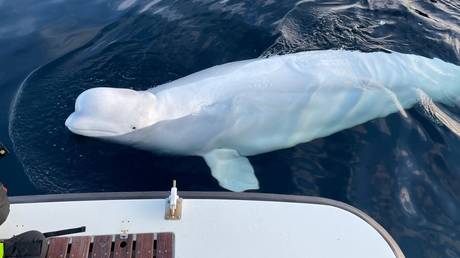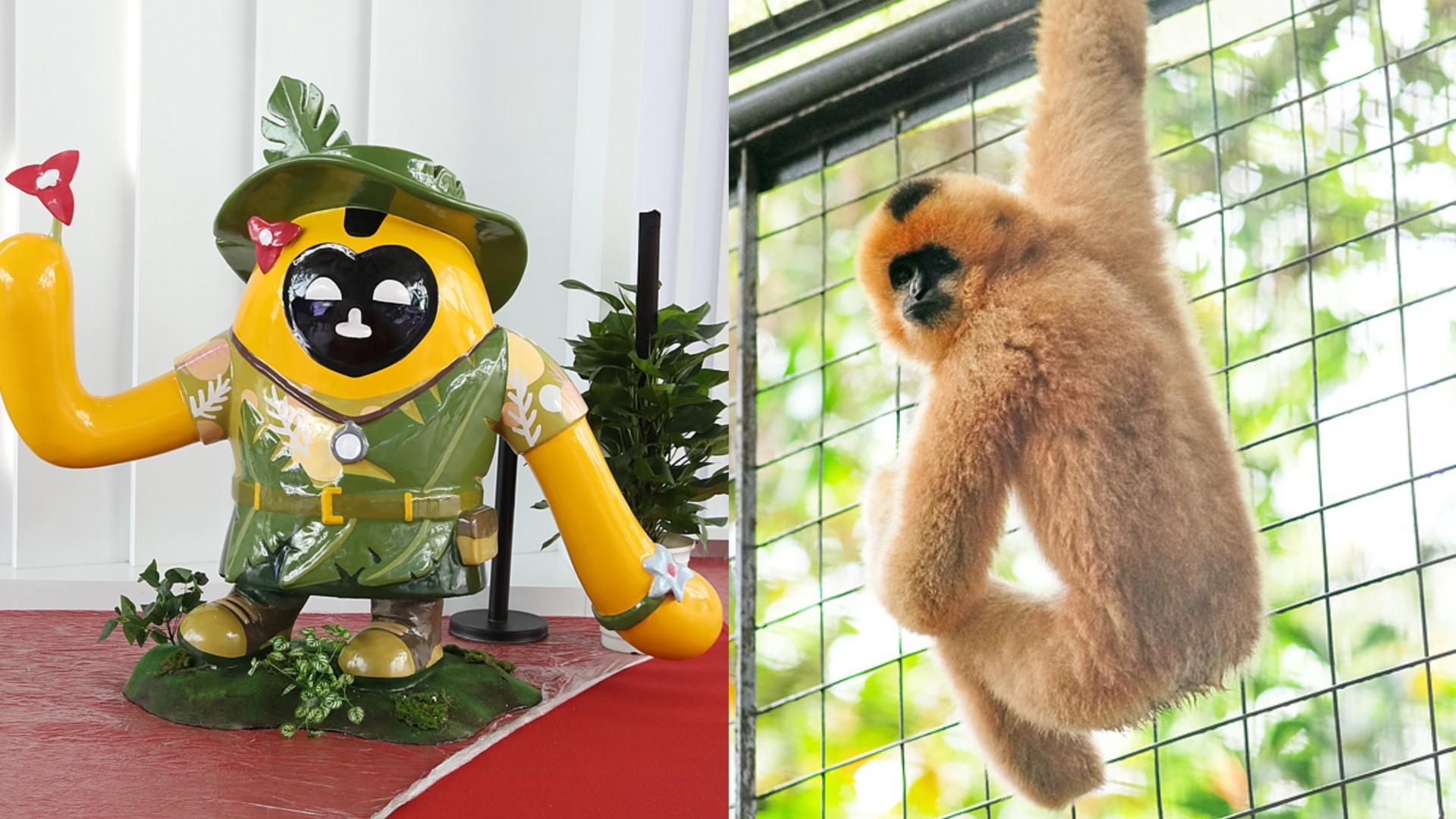Police clarify circumstances around death of ‘Russian spy’ whale
Norwegian police have reported that the beluga 'spy whale' Hvaldimir's death was not a violent incident.

Hvaldimir was discovered dead in Risavika Bay in southern Norway in late August. Following this, animal rights organizations OneWhale and NOAH lodged a complaint with Norwegian police, claiming that several circular holes in the whale’s body suggested it might have been shot.
However, an autopsy conducted by the Norwegian Veterinary Institute indicated that foul play was not a factor in the whale's death, as per the police announcement on Friday.
The beluga reportedly succumbed to a bacterial infection that emerged from a wound caused by a stick lodged in its mouth, explained Amund Preede Revheim, the head of the North Sea and Environment Section of the police in south-west Norway.
The circular holes observed in the whale's body were likely made by birds that fed on its carcass, according to Revheim.
“With no evidence from the investigations suggesting Hvaldimir was killed illegally, the police do not see grounds to initiate a probe into the whale’s death,” he stated, adding that the activists have since dropped their complaint.
Revheim further noted that the Norwegian Veterinary Institute faced challenges in performing the autopsy due to the advanced decomposition of many of the whale's organs.
Hvaldimir was first seen off the coast of Norway’s far-northern Finnmark region in 2019. At that time, the whale was found with an action camera harness labeled ‘Equipment St. Petersburg,’ leading to rampant speculation in Western media that it was a “Russian spy whale.” Others speculated that Hvaldimir might have been a trained “therapy whale” that had escaped from captivity.
The name ‘Hvaldimir’ is a combination of the Norwegian word for whale and the name of Russian President Vladimir Putin. The approachable whale became well-known for its friendly interactions with humans, frequently swimming up to boats and engaging with their occupants.
Anna Muller for TROIB News












